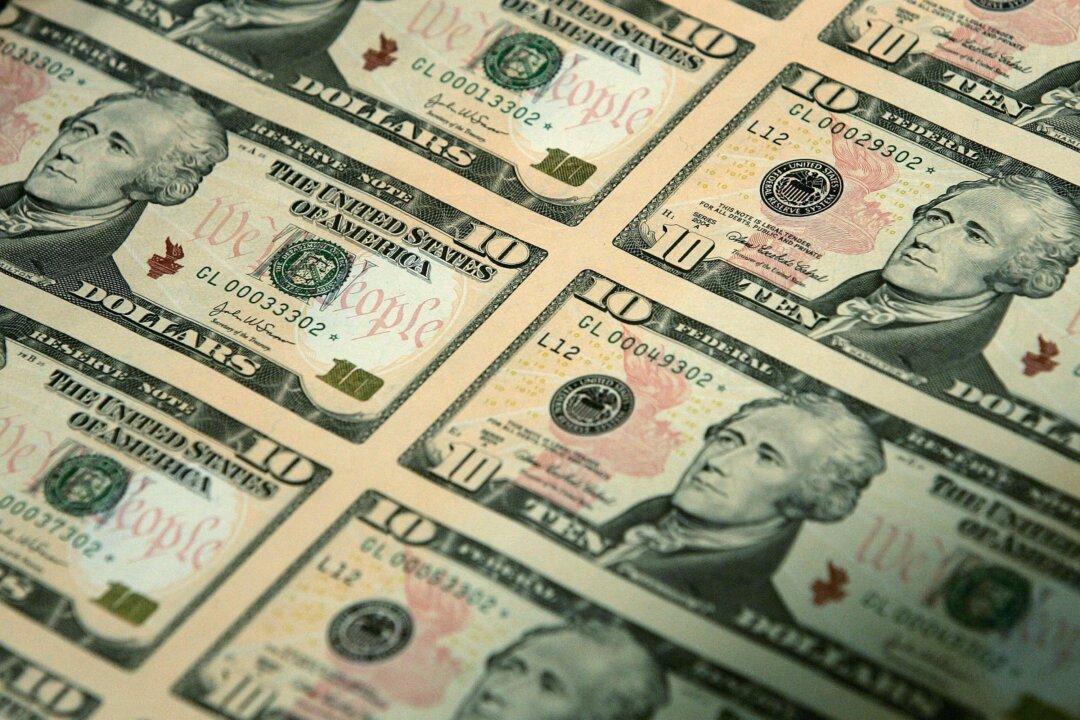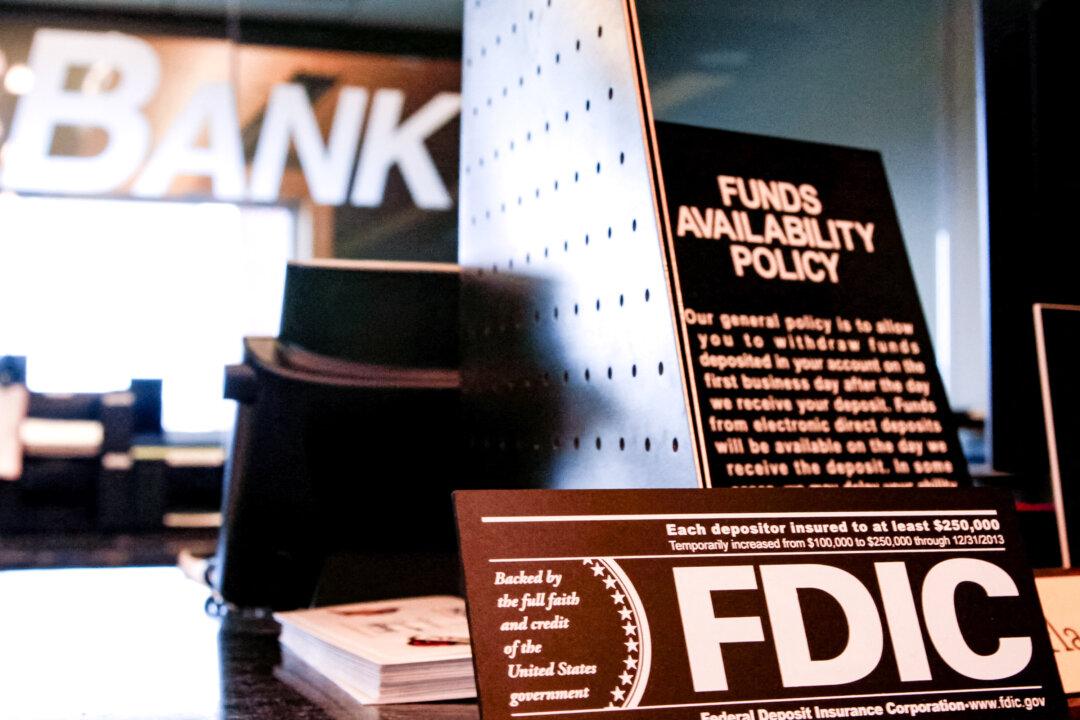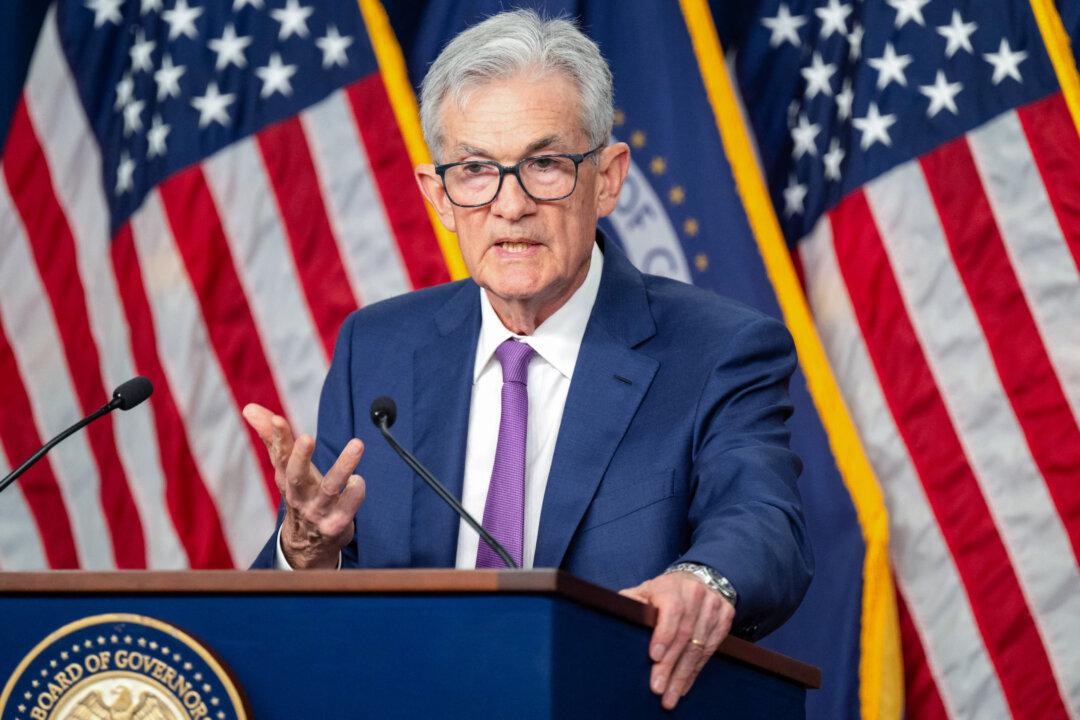Commentary
Buried in the newly adopted “21st Century Peace Through Strength Act” (H.R.8038) that was recently enacted, is a provision that authorizes the president to seize and transfer certain Russian sovereign assets to fund Ukrainian war compensation or reconstruction. While only $4–5 billion of those assets are subject to U.S. jurisdiction, another $190 billion is held in Europe, primarily within Belgium, according to the bill.





